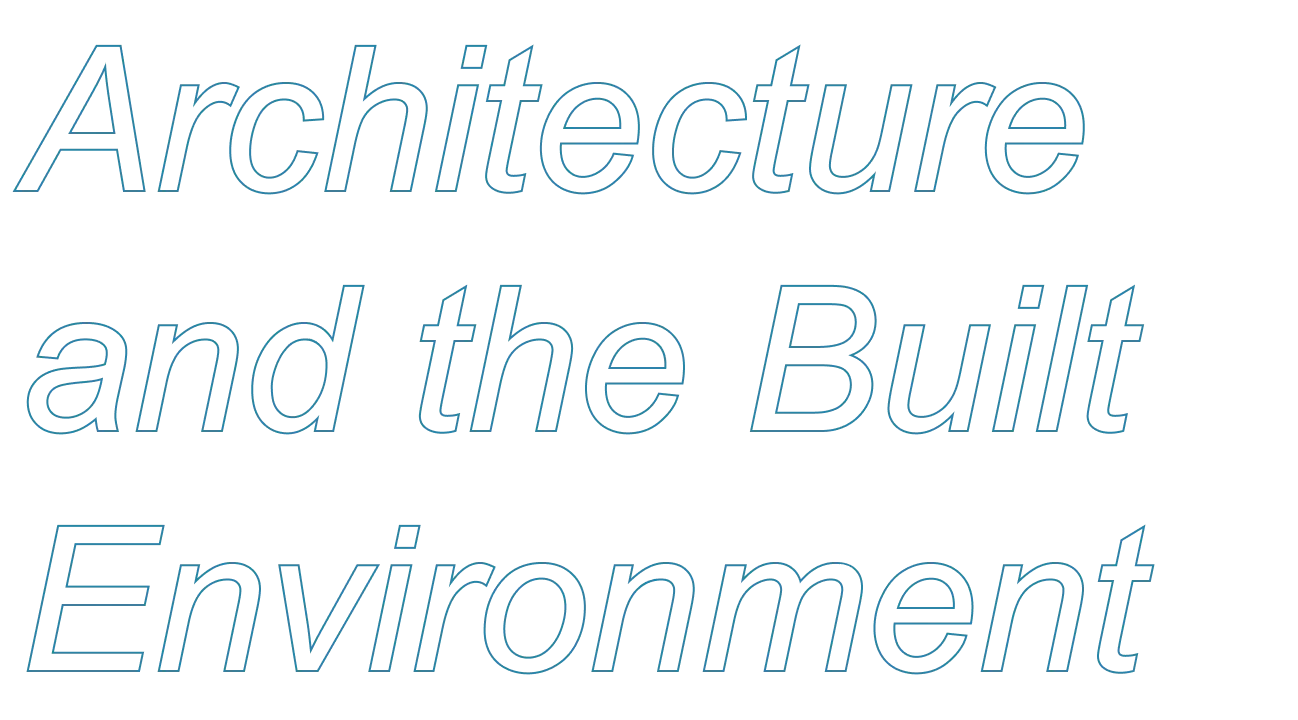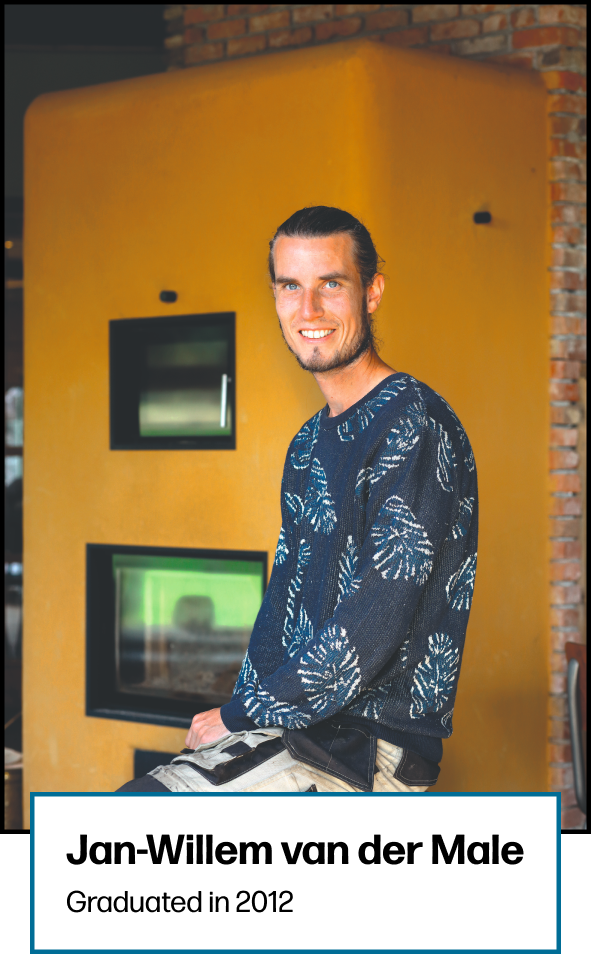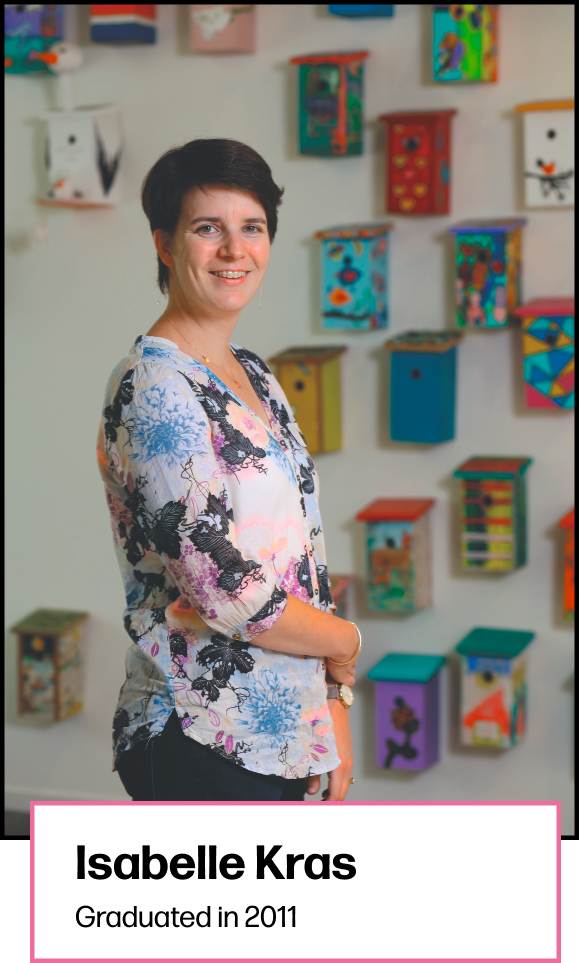After Delft
How does the same degree programme create impact in different ways? Two alumni tell their story.

Text Dayinta Perrier
© Sam Rentmeester
Founder and owner Tiny House Academy


Real Estate Project Manager
People often think of architecture only in terms of building design, but education and real estate are also important aspects of the discipline. Jan-Willem van der Male and Isabelle Kras explain why.
After the old Architecture building burned down in 2008, the Faculty moved to TU Delft’s former main building. Jan-Willem van der Male was an architecture student at the time and thought the classrooms in the building were far too large. This led to the central question of his final project: what is the influence of space on design teaching? “The spaces in the building were too large for design teaching,” he concluded. “They created too much background noise.” It did not stop him from graduating though, after which he started a full-time job with an architecture firm.
During the building phase, so many people showed an interest in his work that the idea for the Tiny House Academy was born. “It’s a kind of mini architecture programme for laypeople who want to build a tiny house,” explains Van der Male. He founded the Tiny House Academy in 2017. “At its height I had 30 students,” he says. “It was a little community whose members helped each other to build and upkeep a tiny house.” However, things have been quiet at the Tiny House Academy since the coronavirus. Van der Male is working on several ideas for a new venture, but he does not want to say too much about these yet. “Ideally, I would like to pass on the Tiny House Academy to someone who can bring it back to its original intention,” he says.
Schakel tussen experts
In late 2011, Isabelle Kras was awarded her diploma following a final project on sustainable hospital buildings. “There are many different interests at stake in a hospital: patients, staff, and visitors. Safety and hygiene are important too,” she explains. “This complexity makes the work there very exciting.” Her thesis supervisor introduced her to someone from Haga Hospital and, over a cup of coffee, she was offered a job.
Kras became part of a project team set up to supervise the new conceptual design of a new annex. That concept included 100% paperless operations, involving offices without cupboard space, for example. “I started as an Assistant Project Manager, but was soon promoted to Project Manager.
In late 2011, Isabelle Kras was awarded her diploma following a final project on sustainable hospital buildings. “There are many different interests at stake in a hospital: patients, staff, and visitors. Safety and hygiene are important too,” she explains. “This complexity makes the work there very exciting.” Her thesis supervisor introduced her to someone from Haga Hospital and, over a cup of coffee, she was offered a job.
Kras has now found her niche at Ipse de Bruggen, an institution for people with intellectual disabilities, where she is working on various projects including the circular design of new real estate for the institution. She calls this an additional challenge in the design process. “During my studies, I was trained to critically assess my design: was this really the most logical choice for the user?” says Kras. “This question is central to my current work, because the design is driven by the needs of the client.”
